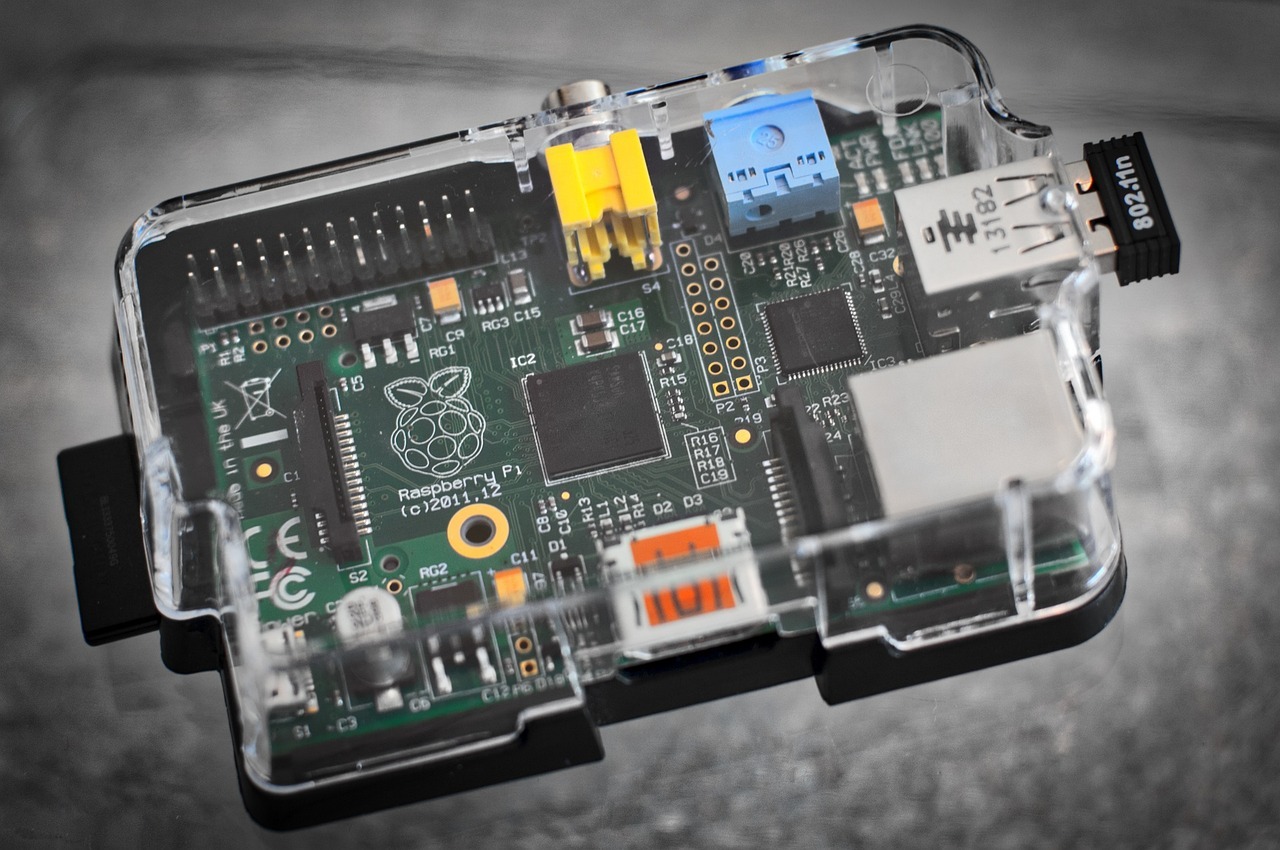In the ongoing conflict between Hamas and Israel, Hamas has developed a drone program aimed at enhancing its offensive capabilities against Israel. These drones are believed to be more effective than rockets in evading Israel’s air defense system, and their origins can be traced back to an aerospace engineer named Mohamed Zouari. Despite the hype surrounding Hamas’ drones, there is little evidence that they have been successfully deployed against Israel. Israel has targeted and countered Hamas’ drone program with airstrikes and new defense systems. The potential stockpile of Hamas’ drones could pose a significant challenge for Israel in a future ground operation. So, while the fear of drones striking from the skies may be worrisome, the impact of Hamas’ drones has been minimal, and their purpose and effectiveness remain unclear.
Hamas’ Drone Program: Enhancing Offensive Capabilities against Israel
Overview
In this article, we will explore Hamas’ drone program and its objectives to enhance offensive capabilities against Israel. We will discuss the belief that drones are more effective than rockets, the origins of Hamas’ drone program, Israeli airstrikes and defense systems against Hamas’ drones, the lack of evidence of successful deployment against Israel, possible reasons for Hamas’ investment in drone capabilities, the impact of smaller drones used by Hamas, the Israeli Defense Forces’ response to Hamas’ drones, potential challenges posed by Hamas’ drone stockpile, and the implications for people on both sides of the Israel-Gaza border.
Introduction to Hamas’ Drone Program
Hamas, the Palestinian militant group, has developed a drone program with the aim of enhancing its offensive capabilities against Israel. Building on its ability to hit targets inside Israel over the years, Hamas recognized the potential of drones to substantially increase its warfare capabilities. Unlike unguided missiles, drones are harder to intercept due to their low flight and unpredictable patterns. With drones becoming an increasingly popular tool in modern warfare, Hamas saw an opportunity to upgrade its tactics and extend its reach.
Belief that Drones are more Effective than Rockets
Hamas believes that drones are more effective than rockets in evading Israel’s sophisticated air defense system, known as the Iron Dome. While rockets rely on overwhelming the air defense system with sheer numbers, drones have the advantage of being harder to detect and intercept. They fly at low altitudes and follow unconventional flight patterns, making it challenging for defense systems to track and neutralize them effectively. Hamas sees drones as a valuable asset that can potentially breach Israel’s defenses and strike targets with greater precision.
Origins of Hamas’ Drone Program
The origins of Hamas’ drone program can be traced back to an aerospace engineer named Mohamed Zouari. Zouari, who was associated with the Tunisian national aerospace company, played a significant role in developing Hamas’ drone capabilities. He provided technical expertise and knowledge that helped Hamas advance its drone program. His involvement underscored the organization’s determination to invest in emerging technologies and bolster its offensive capabilities against Israel.
Israeli Airstrikes and Defense Systems against Hamas’ Drones
Israel, being aware of the threat posed by Hamas’ drone program, has targeted it with airstrikes. The Israeli Defense Forces (IDF) have aimed to disrupt and dismantle the infrastructure supporting Hamas’ drone capabilities. Additionally, Israel has developed new defense systems specifically designed to counter the threat posed by drones. These defense systems are equipped with advanced tracking and interception technology, aiming to neutralize drones before they can reach their intended targets. Israel’s proactive approach signifies the seriousness with which they view Hamas’ drone program.
Lack of Evidence of Successful Deployment against Israel
Despite the hype and propaganda surrounding Hamas’ drones, there is limited evidence to suggest that they have been successfully deployed against Israel. While Hamas has released propaganda videos showcasing their drone capabilities, the actual impact on the ground remains unclear. There have been no significant reports of damage caused by Hamas’ drones, raising questions about their effectiveness in real-world scenarios. It is possible that Hamas is conserving its drone capabilities for future ground operations or that technical failures have prevented successful deployment.
Possible Reasons for Hamas’ Investment in Drone Capabilities
The reasons behind Hamas’ continued investment in drone capabilities remain uncertain. While the apparent objective is to enhance offensive capabilities against Israel, it is essential to consider the perception versus effectiveness of drones in this context. Drones, with their modern and technologically advanced image, might serve as a powerful propaganda tool for Hamas. By showcasing their drone program, Hamas can project an image of strength and technological prowess while instilling fear in the Israeli population. This psychological impact could outweigh the actual operational effectiveness of the drones themselves.
Impact of Smaller Drones Used by Hamas
Hamas has utilized smaller drones for targeted attacks against specific targets. These smaller drones can carry explosives or surveillance equipment, enabling Hamas to gather intelligence or deliver precise strikes. However, the impact of these smaller drones has been minimal. Their limited payload capacity and the proactive measures taken by Israel to neutralize drone threats have significantly mitigated the potential damage caused by these smaller drones.
Israeli Defense Forces’ Response to Hamas’ Drones
The Israeli Defense Forces have not provided specific information regarding their interception capabilities against Hamas’ drones. As the IDF continually evolves its defense systems to counter emerging threats, it is likely that they have developed countermeasures specifically designed to intercept and neutralize Hamas’ drones. The IDF’s ability to respond effectively to drone threats from Hamas demonstrates the significance they attribute to countering this emerging warfare tactic.
Potential Challenges Posed by Hamas’ Drone Stockpile
The potential stockpile of Hamas’ drones could pose a significant challenge for Israel in a ground operation scenario. Drones, if effectively deployed, can serve as force multipliers and disrupt traditional military strategies. Hamas’ ability to launch a coordinated swarm of drones could overwhelm Israeli ground forces and hinder their operational capabilities. The Israeli military must consider the implications of a large-scale drone offensive and develop strategies to minimize its impact on their ground operations.
Implications for People on Both Sides of the Israel-Gaza Border
The presence of Hamas’ drone program has significant implications for people living on both sides of the Israel-Gaza border. It raises concerns about the escalation of conflict and the potential for future attacks using advanced drone technologies. The uncertainty surrounding Hamas’ motives and the ongoing investment in drone capabilities create a sense of insecurity and unpredictability. Both Israelis and Palestinians must adapt to the evolving tactics employed in modern warfare, necessitating continuous improvements in defense systems and strategies to ensure the safety and security of civilian populations.
In conclusion, Hamas’ drone program represents a significant development in the ongoing conflict between Hamas and Israel. While the effectiveness of their drones remains questionable, the psychological impact and potential for future advancements cannot be ignored. The utilization of drones in warfare has fundamentally altered the dynamics of conflicts worldwide, and the situation between Hamas and Israel is no exception. As both sides continue to adapt and respond to emerging threats, the implications for people living in the region are profound and ever-evolving.










![Apple Watch SE (2nd Gen) [GPS 40mm] Smartwatch with Starlight Aluminum Case with Starlight Sport Band S/M. Fitness & Sleep Tracker, Crash Detection, Heart Rate Monitor](https://www.tech-bit.com/wp-content/uploads/2024/06/applewatchse2ndgengps40mmsmartwatchwithstarlightaluminumcase-360x180.jpg)














![Apple Watch Series 9 [GPS 45mm] Smartwatch with Midnight Aluminum Case with Midnight Sport Band S/M. Fitness Tracker, ECG Apps, Always-On Retina Display, Water Resistant](https://www.tech-bit.com/wp-content/uploads/2024/06/applewatchseries9gps45mmsmartwatchwithmidnightaluminumcasewith-360x180.jpg)




![Apple Watch Ultra 2 [GPS + Cellular 49mm] Smartwatch, Sport Watch with Rugged Black Titanium Case with Black Ocean Band. Fitness Tracker, Precision GPS, Action Button, Extra-Long Battery Life](https://www.tech-bit.com/wp-content/uploads/2024/10/applewatchultra2gpscellular49mmsmartwatchsportwatchwithrugged-360x180.jpg)

































